The Fastest Time Series Object Store for Edge AI
High performance and optimized data management for edge computing and AI applications
The Fastest Time Series Object Store
Comparative performance analysis has underscored its superiority, consistently outperforming MinIO for write and read operations across a range of record sizes. In addition, ReductStore demonstrated remarkable speed improvements when compared to MongoDB, achieving 65 to 244% faster performance rates for blob storage use cases. For records larger than 100KB, it significantly outperformed TimescaleDB by a margin of 200 to 1300%. These metrics clearly establish ReductStore as the leading choice for high-speed data environments where optimal performance is essential.
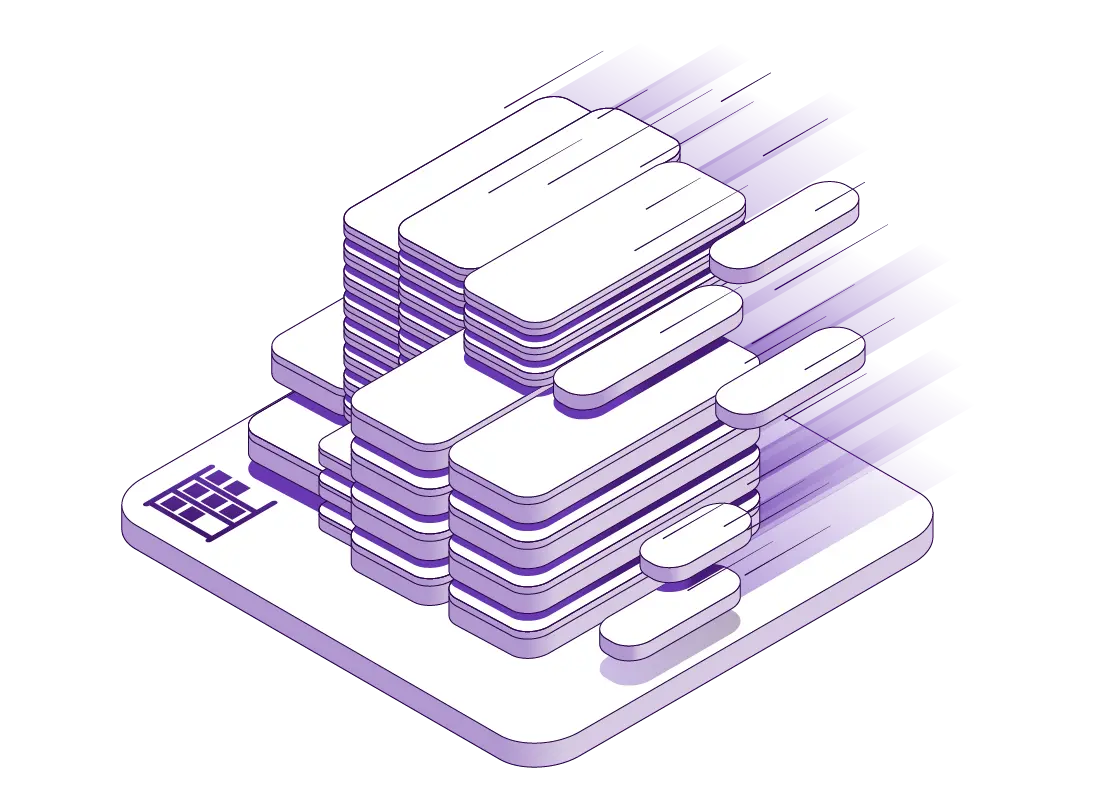
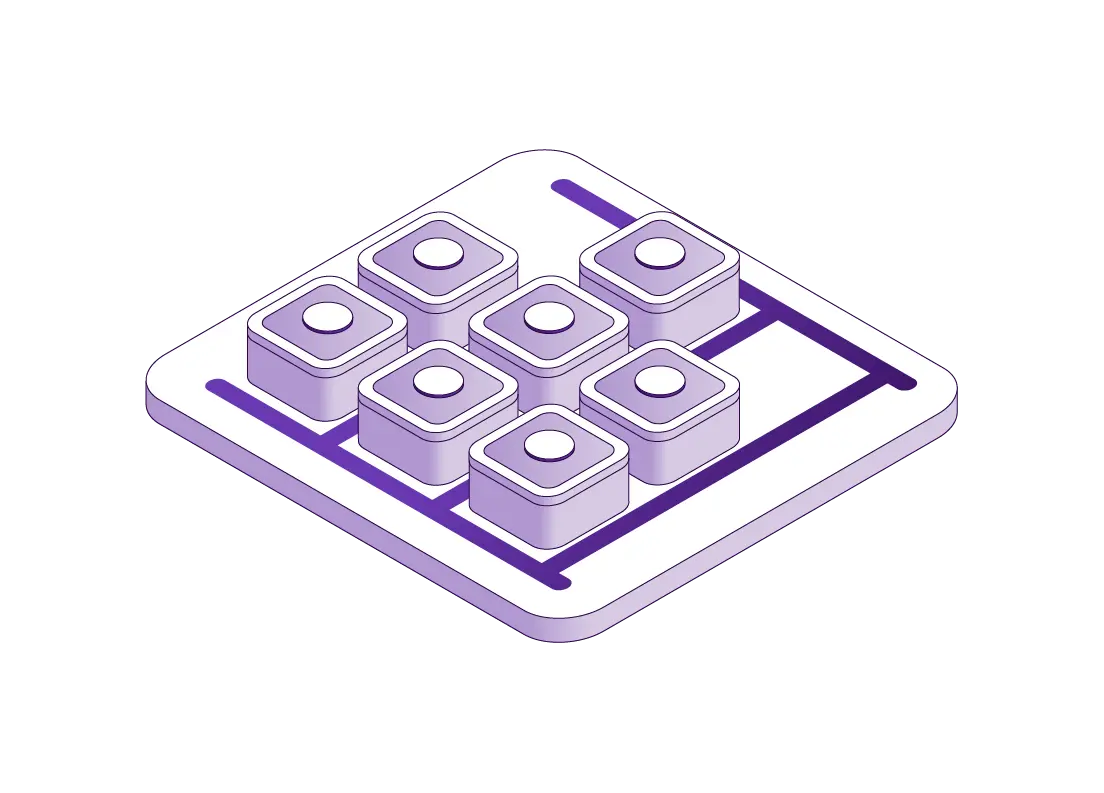
Time Series Database for Unstructured Data
The integration of ReductStore's architecture is ideal for AI applications that require the handling of unstructured data aligned with temporal contexts. This integration facilitates efficient ingesting, querying, and managing large datasets where each blob can be associated with a timestamp. As a result, AI models benefit from streamlined access to historical and real-time data for analysis and prediction.
Store Records and AI Models
Flexible data management in the context of AI applications requires a storage solution that is both versatile and robust, capable of accommodating a wide range of data types. ReductStore provides this versatility by allowing the creation of multiple buckets and entries to effectively address different data storage needs. Records can be neatly organized within time-series structures, which improves analytical capabilities and temporal query performance. What's more, AI models can be stored in the same storage, enabling developers and data scientists to systematically track model iterations, ensuring integrity and reproducibility across AI workflows.
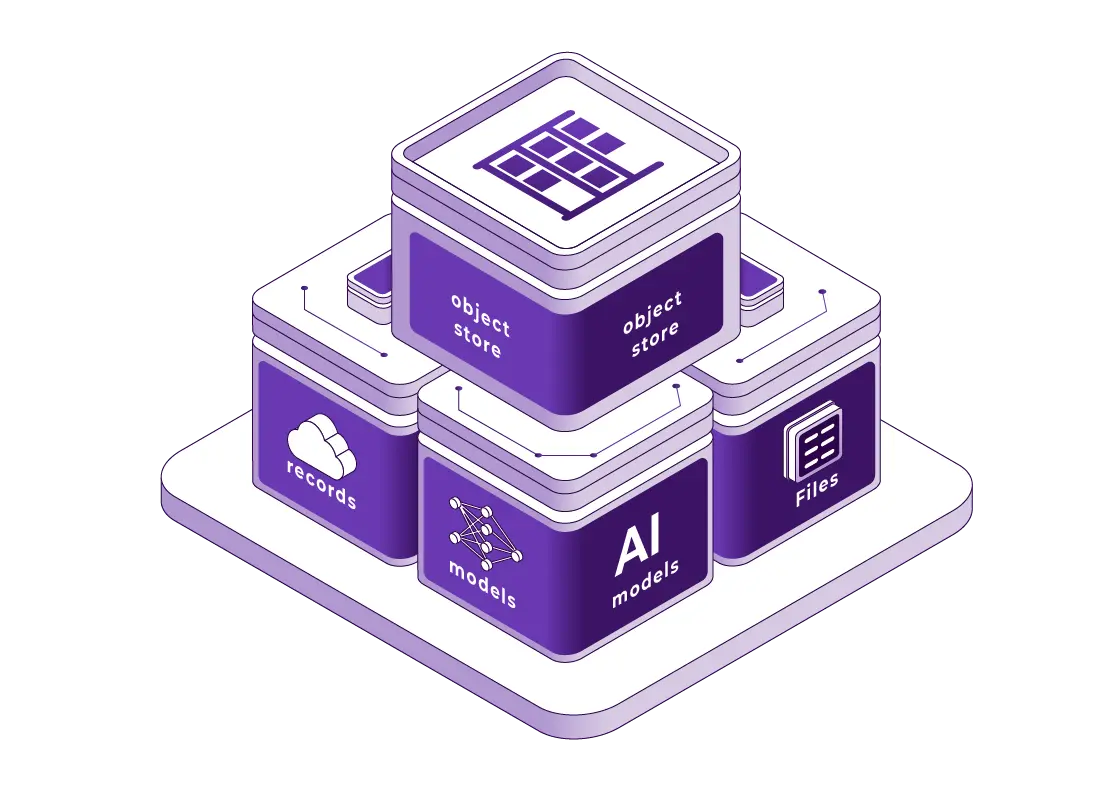
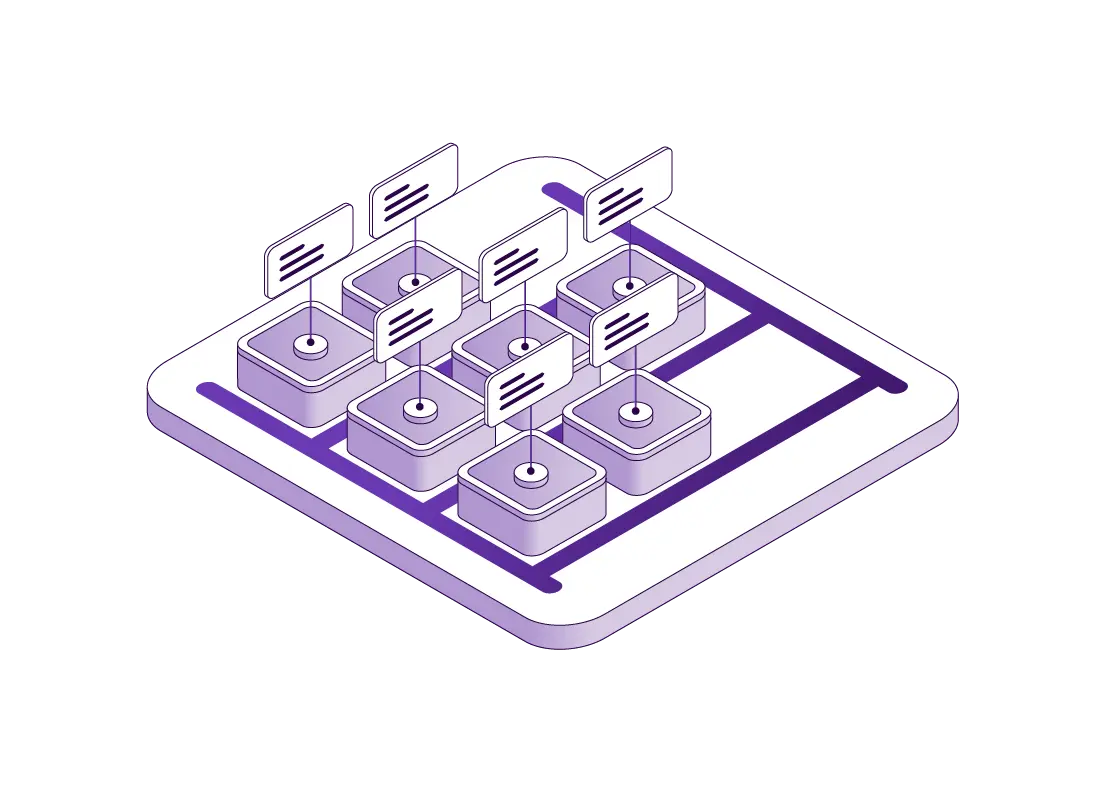
AI Labels and Metadata for Every Record
ReductStore provides the ability to assign metadata, including AI-generated labels, to each record in its database. For example, in computer vision tasks, an image file can be augmented with metadata specifying attributes such as object categories within bounding boxes, descriptive tags of visual content, or labels indicating the presence of anomalies. This level of detail ensures that AI models and analytics tools can easily access annotated datasets, accelerating training and inference processes. In addition, by embedding AI-generated metadata directly into the storage layer, ReductStore simplifies the data pipeline architecture and improves overall operational efficiency.
Data Replication With Label Filtering
Implementing label filtering in data replication processes increases efficiency by ensuring that only relevant information is synchronized across storage buckets. This optimization is critical for maintaining high availability and implementing disaster recovery strategies, especially in distributed systems where bandwidth and storage resources are at a premium. By filtering data based on AI labels or classifications, replication can be targeted to include only the most critical records. As a result, this selective approach reduces unnecessary costs associated with storage and network traffic, and ensures that replicated environments remain up to date with all relevant operational data while excluding irrelevant information.
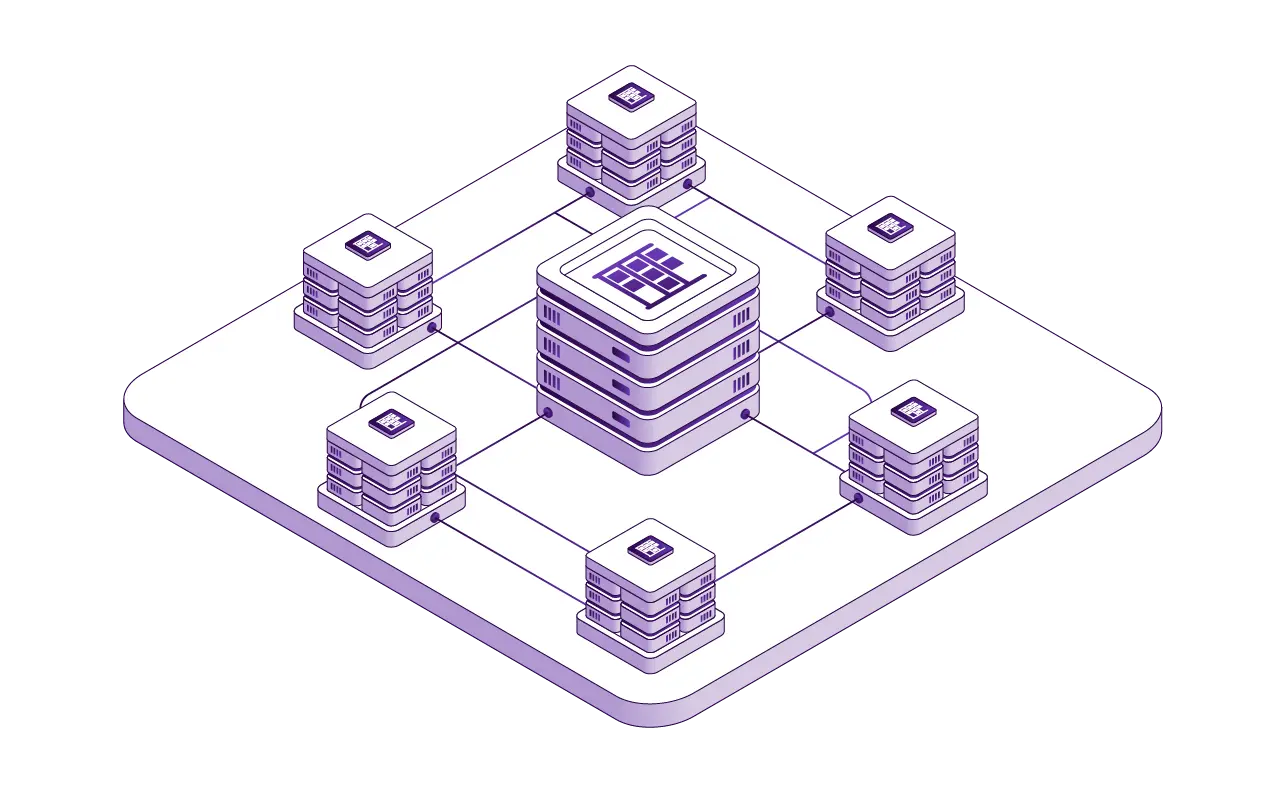
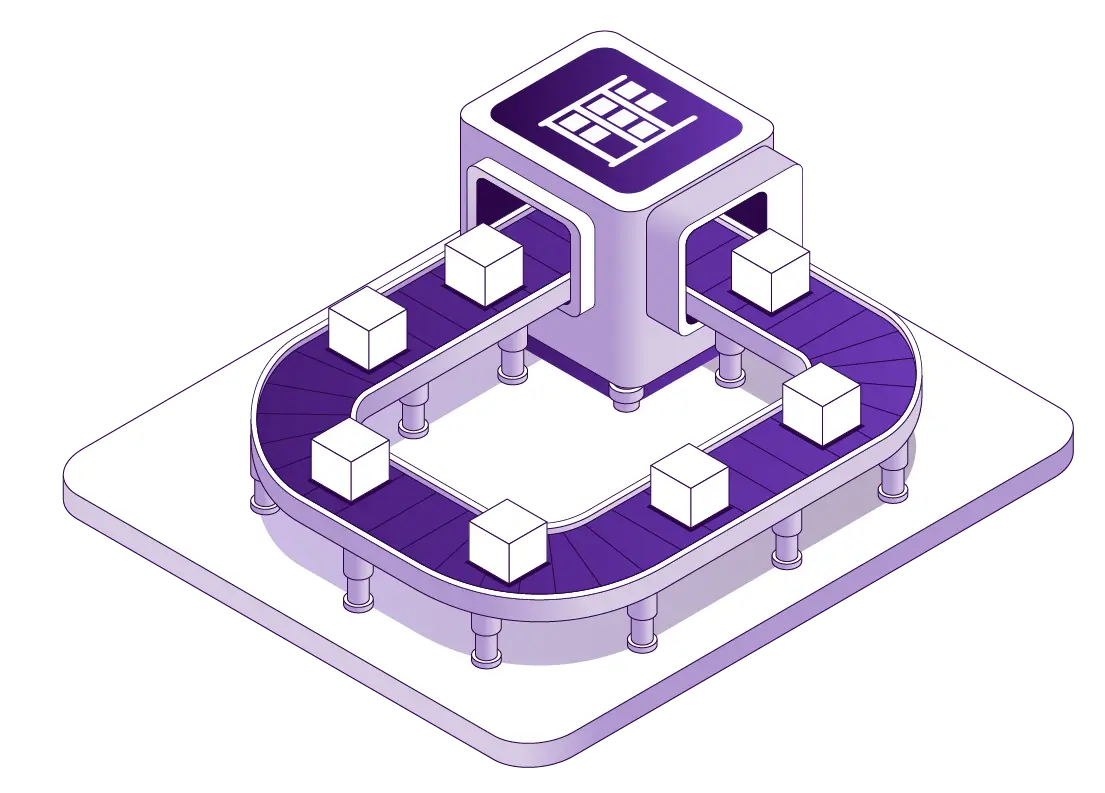
Real-Time FIFO Quota
The implementation of real-time FIFO (First-In, First-Out) quotas in ReductStore is a significant improvement in the efficient management of data volumes. By enforcing FIFO quotas, ReductStore ensures that the oldest data is automatically discarded to make room for new entries once pre-defined storage thresholds are reached. This mechanism is critical in environments such as edge computing, computer vision, and IoT, where high-speed data streams can quickly consume available storage. It also simplifies management requirements by maintaining an automated retention policy based on actual usage rather than arbitrary timeframes, optimizing both storage utilization and system robustness.